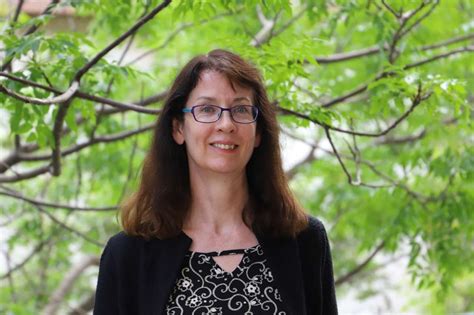A Quote by Michael Sandel
My argument is not that we must never intervene in nature. My argument is that there is a moral difference between intervention for the sake of health, to cure or prevent disease, and intervention for the sake of achieving a competitive edge for our kids in a consumer society.
Related Quotes
Sometimes people say to me, 'Well, what was the difference between Kosovo, which was a successful intervention, and Iraq and Afghanistan that have been so difficult?' And the answer is perfectly simple. In Kosovo, you have, after the removal of the loss of its regime, you had a process of political and economic reconstruction that took its part without the intervention of terrorism. If you had the intervention of terrorism, by the way, it would have been extremely difficult there - but we didn't.
We destroy the most hallowed of relations, when we replace home education by social.And your education! Is not that also social, and determined by the social conditions under which you educate, by the intervention, direct or indirect, of society, by means of schools, etc.? The Communists have not invented the intervention of society in education; they do but seek to alter the character of that intervention, and to rescue education from the influence of the ruling class.
The whole analogy of natural operations furnishes so complete and crushing an argument against the intervention of any but what are termed secondary causes, in the production of all the phenomena of the universe; that, in view of the intimate relations between Man and the rest of the living world; and between the forces exerted by the latter and all other forces, I can see no excuse for doubting that all are co-ordinated terms of Nature's great progression, from the formless to the formed from the inorganic to the organic from blind force to conscious intellect and will.
I was asking if unwinding kills you, or if it leaves you alive somehow. C'mon—it's not like we haven't thought about it." (...) What do you think, Connor?" asks Hayden. "What happens to your soul when you get unwound?" Who says I even got one?" For the sake of argument, let's say you do." Who says I want an argument?
What if the Soviet intervention was a blessing in disguise? It saved the myth that if the Soviets were not to intervene, there would have been some flowering authentic democratic socialism and so on. I'm a little bit more of a pessimist there. I think that the Soviets - it's a very sad lesson - by their intervention, saved the myth.
Just as a moral distinction is drawn between "those at risk" and "those posing a risk", health education routinely draws a distinction between the harm caused by external causes out of the individual's control and that caused by oneself. Lifestyle risk discourse overturns the notion that health hazards in postindustrial society are out of the individual's control. On the contrary, the dominant theme of lifestyle risk discourse is the responsibility of the individual to avoid health risks for the sake of his or her own health as well as the greater good of society.








































